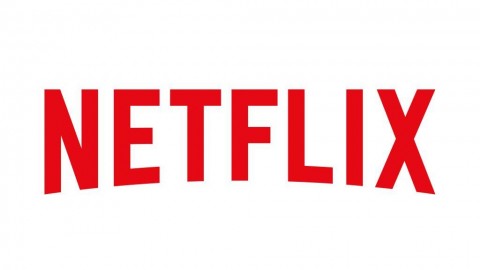
LOS GATOS, CA – Netflix added 3.62 million new streaming members in the third quarter, but didn’t attract as many new U.S. subscribers as it had anticipated.
The online streaming giant said late Wednesday that it gained 880,000 new customers in the U.S. for the period ended September 30, below the 980,000 it added at this time last year and well shy of the 1.15 million that it had predicted for this period. The company blamed the shortfall on “involuntary churn”, or the inability to collect, driven in part by the ongoing transition to chip-based credit and debit cards.
Netflix said it now has 43.2 million U.S. streaming customers and 26 million internationally, after adding 2.74 million net additions outside of its home country this quarter. The company generated $1.58 billion in total streaming revenue for Q3, up from $1.22 billion year-over-year, and now has 69.17 million total streaming subscribers.
Revenues for the period were $1.74 billion, up from $1.41 billion during the same quarter in 2014, while net income of $29.4 million fell from the $59.3 million reported for the same period a year earlier.
A note to shareholders that included the company’s financial results said Netflix is “on track” to make the service available throughout the world by the end of 2016. The service is launching in Spain, Italy and Portugal next week, and will expand to South Korea, Hong Kong, Taiwan and Singapore in early 2016. “Our plan remains to run around break-even through 2016 and to deliver material profits thereafter”, it reads.
The note, signed by CEO Reed Hastings and CFO David Wells, said that Netflix has acquired global second window rights to major series How to Get Away with Murder, Colony, Zoo, and Jane the Virgin, and is also investing in “high profile, exclusive and globally available original films and creating the first-of-their-kind global Pay TV deals directly with producers”.
“Linear networks that embrace on demand and Internet delivery as we have, will become more valuable and will experience renewed growth (like HBO Now), while those that do not will lose relevancy”, continues the note. “The secular shift to on-demand consumption is best described as “consumers evolving vs. old habits” rather than “Netflix vs. traditional media.” We’re all racing to fulfill consumer desires.”



